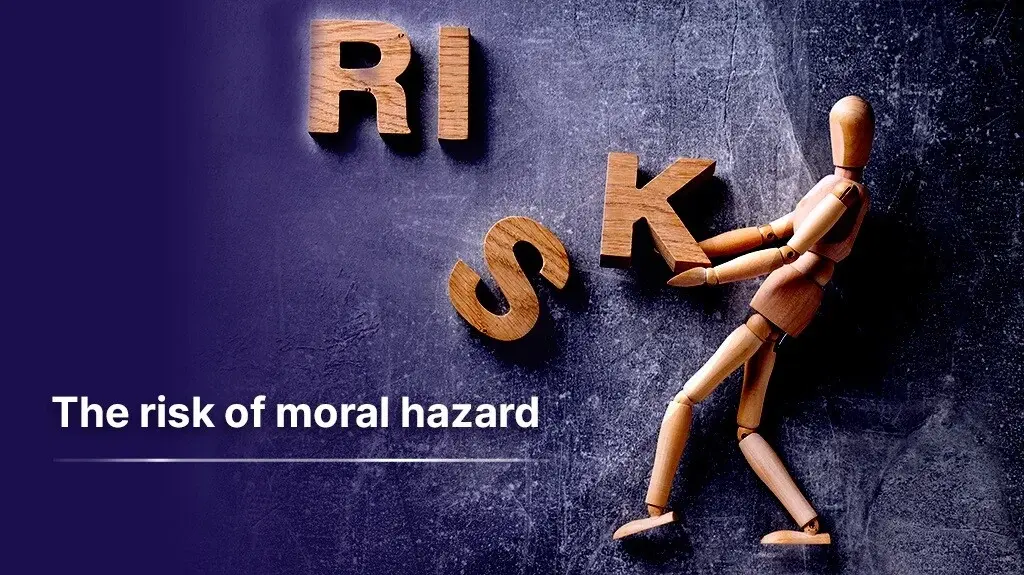Among There is hardly anything good in life that comes without struggle and cost. Some companies have lost sight of this as they think only of the cost of pursuing certain business interests. One example of this is when companies decline to chase down all cases of insurance claim fraud that they may be subjected to. Some insurance companies attempt to calculate the cost of chasing down a potential case of insurance fraud against how much it might save them to deny the claim because it was fraudulent. In some cases, it might seem more cost-effective at the moment to simply allow a suspicious claim to go through regardless, but that is a dangerous game to play.
Insurance Fraud Leads to Huge Losses
The Coalition Against Insurance Fraud (CAIF) released its latest estimate regarding the total cost of insurance fraud to American consumers. Their figures showed that insurance fraud costs the American public approximately $308 billion each year. It also accounts for approximately 10% of property-casualty insurance losses annually. It is a major part of what the industry must deal with, and any insurance company that is not actively pursuing potential fraudulent claims is contributing to the problem.
Some insurance companies will go out of business entirely due to losses that they sustain related to fraudulent claims. Even a company that isn't necessarily afraid of going out of business by paying a fraudulent claim from time to time should consider the other risks that it is taking by letting things slid.
The Risk of Moral Hazard
The term "moral hazard" became quite popular around the timeframe of 2008-2010. It was tossed around often at the time about political debates related to government bailouts and stimulus packages. Investopedia.com defines the concept of moral hazard like this:
A moral hazard is the risk that a party has not entered into a contract in good faith or has provided misleading information about its assets, liabilities, or credit capacity. In addition, moral hazard also may mean a party has the incentive to take unusual risks in a desperate attempt to earn a profit before the contract settles.
This issue extends beyond just debates about government monetary programs, it applies to the insurance world as well. When a company decides not to pursue fraudulent claims and simply pays them out, they are engaging in a form of moral hazard. They are making it more likely that someone else will come along and decide that it is worth the risk to them to submit a fraudulent insurance claim. The more cases that are allowed to slide by, the greater the moral hazard.
Investigating Fraud Can Prove Profitable
They say that a dollar saved is a dollar earned, and that is how insurance companies should think about the pursuit of fraudulent claims as well. When they save money, they are ultimately adding to their bottom line. The Office of Justice Programs, an official government agency, reports that some insurance companies create special investigation units (SIUs) to help them track down potentially fraudulent claims and clamp down on them. According to studies on the subject, SIUs can save an insurance company as much as ten dollars for every dollar they spend to fund these units.

SIUs have been around 1976 when the first one was formed by Kemper Insurance in Massachusetts. They did so in response to a nationwide wave of auto insurance fraud claims. All insurance companies at that time were looking for ways to bite back against the fraudulent actors that were costing them so much money. Therefore, the concept of an SIU was born.
Responsibilities of SIUs
Virtually all private insurance companies of any decent size have formed SIUs within their organization at this point. A few of the responsibilities of these units include:
- Develop and Distribution of a Fraud Prevention Plan - Keeping fraud at bay is the entire mission of an SIU, and that is why they should focus on creating a plan for how they will follow through with this plan. It is the only way that the SIU can make sure it remains on the straight and narrow as far as completing its mission. It is also helpful to have this roadmap to remember what they are supposed to do.
- Review Suspicious Claims - One of the biggest parts of what an SIU does is investigate potentially fraudulent claims. This means that they must review any suspicious claim. This is not to say that every claim that is flagged by the SIU will turn out to be fraudulent, but they are tasked with examining any claim that raises red flags.
- Share Information with Other SIUs and Government Agencies - The SIU of one company must share information with SIUs of other companies to help protect the entire industry from those who try to submit fraudulent claims.
- Make Criminal Referrals to State and Local Law Enforcement - Submitting a fraudulent claim is against the law. An SIU may submit a criminal referral to state and local law enforcement officials if they are confident that what they have uncovered is fraudulent. This should only be done in clear-cut cases of fraud.
Benefits of SIUs
There are many benefits to setting up an SIU, and that is why so many insurance companies decide to take this approach. For example:
- Deter Future Fraudulent Claims - As we touched upon before, it is necessary to work on deterring future fraudulent claims to keep the industry safe. It will also help keep the individual company safe as well.
- Save Money - There is money that can be saved by SIUs. They prevent the payment of fraudulent claims, and they make it less likely that others will do so in the future. While it does cost some money to form an SIU team, it is well worth it considering all of the savings that they can contribute to the bottom line of the company they work for.
- Reputational Benefits - Being known as an insurance company that takes fraudulent claims seriously is an upside by itself. Legitimate customers want to know that they have purchased a policy from a company that will take them seriously and keep their premiums low. The only way to do that is to weed out fraud.
Prevent Fraud, Save Money
At the end of the day, it is far too expensive to let fraudulent claims slip by. The easier path forward is to allow low-level suspected fraudulent claims go through, but this is a more costly option in the long run. Instead, preventing as many fraudulent claims as possible from the very beginning is the best strategy to save money, improve your reputation, and maintain the high ground when it comes to providing for customers.
REFERENCES



Leave a Comment
Your email address will not be published. Required fields are marked *